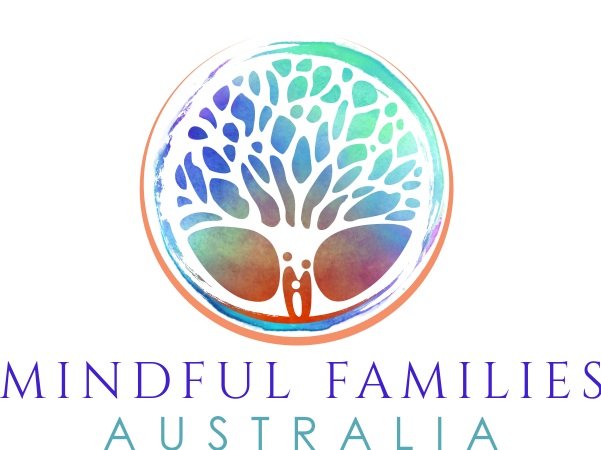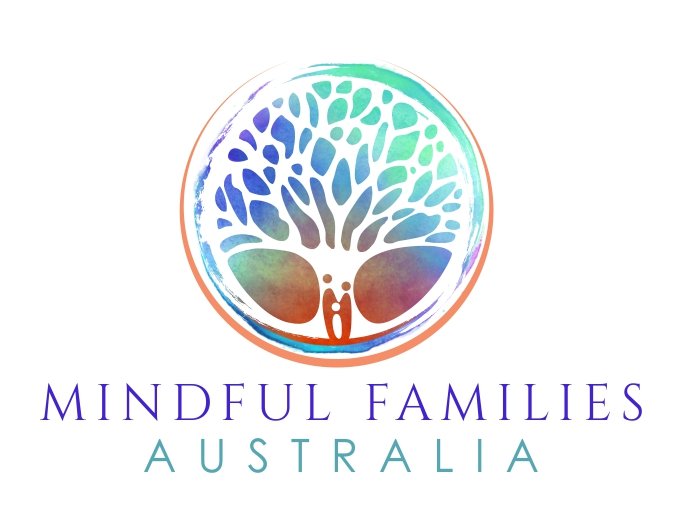Cultivating Compassion: Supporting Ourselves, Our Families, and the World
Photo by Engin Akyurt: https://www.pexels.com/photo/macro-shot-of-heart-shaped-cut-out-1820511/
In a world that often feels divisive and painful, taking the time to understand and practice compassion can transform our lives and relationships. At Mindful Families Australia, we believe that compassion is the cornerstone of healthy, happy families and communities. By exploring how to cultivate compassion within ourselves, our families, and beyond, we create a more connected and empathetic world.
At the core of every mindful practice is compassion. The word comes from the Latin "com" meaning "with" and "passion" meaning "suffer." Compassion fundamentally means to share in someone else's suffering. In our busy lives, suffering isn't just about profound hardships but includes any moment where reality doesn’t match our expectations. This gap between how we want things to be and how they actually are is where our suffering lies: from small annoyances like bad weather on a beach day to big losses like the death of a loved one.
Compassion is about being there for ourselves and others when things go wrong. It requires us to be brave and open-hearted to face discomfort and pain. It’s about creating a safe space for healing, offering kindness and understanding that helps us become stronger and more resilient.
Family relationships are deeply meaningful but can also be challenging. These are the spaces where we naturally let our guards down, making us more vulnerable. As a result, criticisms and judgments can sometimes come out more easily than compassion.
In family environments, showing compassion means validating your children's experiences of suffering. It’s easy to dismiss or minimize a child's feelings—whether it's a lost toy or a teenager’s first breakup—but every instance of suffering is valid. Responding with compassion helps children feel heard, supported, and valued.
Compassion is also key in sibling relationships. Siblings are often our first friends and lifelong companions, but rivalries and misunderstandings can create tension. To transform sibling relationships into supportive connections, parents can foster empathy by encouraging one child to ask how their sibling might feel in a given situation and then identify a time when they felt the same way. This practice helps siblings understand and empathize with each other.
In romantic relationships, especially in co-parenting, compassion is crucial. Partners often juggle complex emotions, balancing their roles as individuals and as parents. Compassion in these relationships means understanding and respecting each other's perspectives and feelings. To foster compassion in co-parenting, couples can practice "mindful check-ins"—setting aside regular times to discuss each other’s moods, challenges, and successes without judgment. This helps partners stay connected, appreciate each other’s efforts, and work together for their children's well-being.
To be compassionate towards others, we must ensure we have the energy and capacity to do so. This means taking care of ourselves with regular self-care practices such as mindfulness, getting enough sleep, eating well, hydrating, and getting enough rest. This helps us stay grounded and ready to support our loved ones. It’s also important to set healthy boundaries and even though compassion means to “suffer with” we must do so in a way where we do not take on someone else’s pain as our own. I remember learning from Dr. Dan Siegel, a renowned psychiatrist, a technique to sustain our compassion is to learn to recognize others' suffering and allow ourselves to connect with the pain they are feeling, without imagining ourselves in that same situation. This way we can empathize without becoming overwhelmed ourselves.
We must also understand that it is vital to be able to extend our compassion inward to ourselves. The insights from one of my meditation teachers, Jack Kornfield, offer valuable guidance on bringing compassion into our lives. Jack emphasizes that true compassion starts with self-compassion. We need to accept ourselves, flaws and all, and be as kind to ourselves as we would be to a good friend. He beautifully states that “compassion is the medicine for all that is wrong with the world.” By being present and tending to our suffering without trying to 'fix' it, we create a healing environment.
Taking our practice of compassion beyond our homes and into our communities can help build connections and heal divisions. In a world often marked by conflict and division, the steady presence of compassion can bridge gaps and foster understanding and peace. By integrating compassion into our daily lives, we foster healthier family dynamics and contribute to a kinder, more empathetic world. Let us hold this intention with open hearts, celebrating the potential for healing and growth that compassion brings.
In the spirit of presence and mindfulness, let’s all strive to practice compassion genuinely—starting with ourselves, extending to our families, and reaching out into the world with love and understanding.


